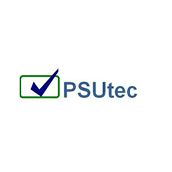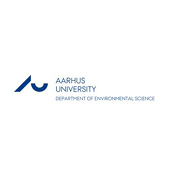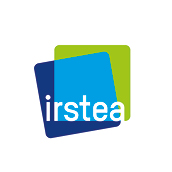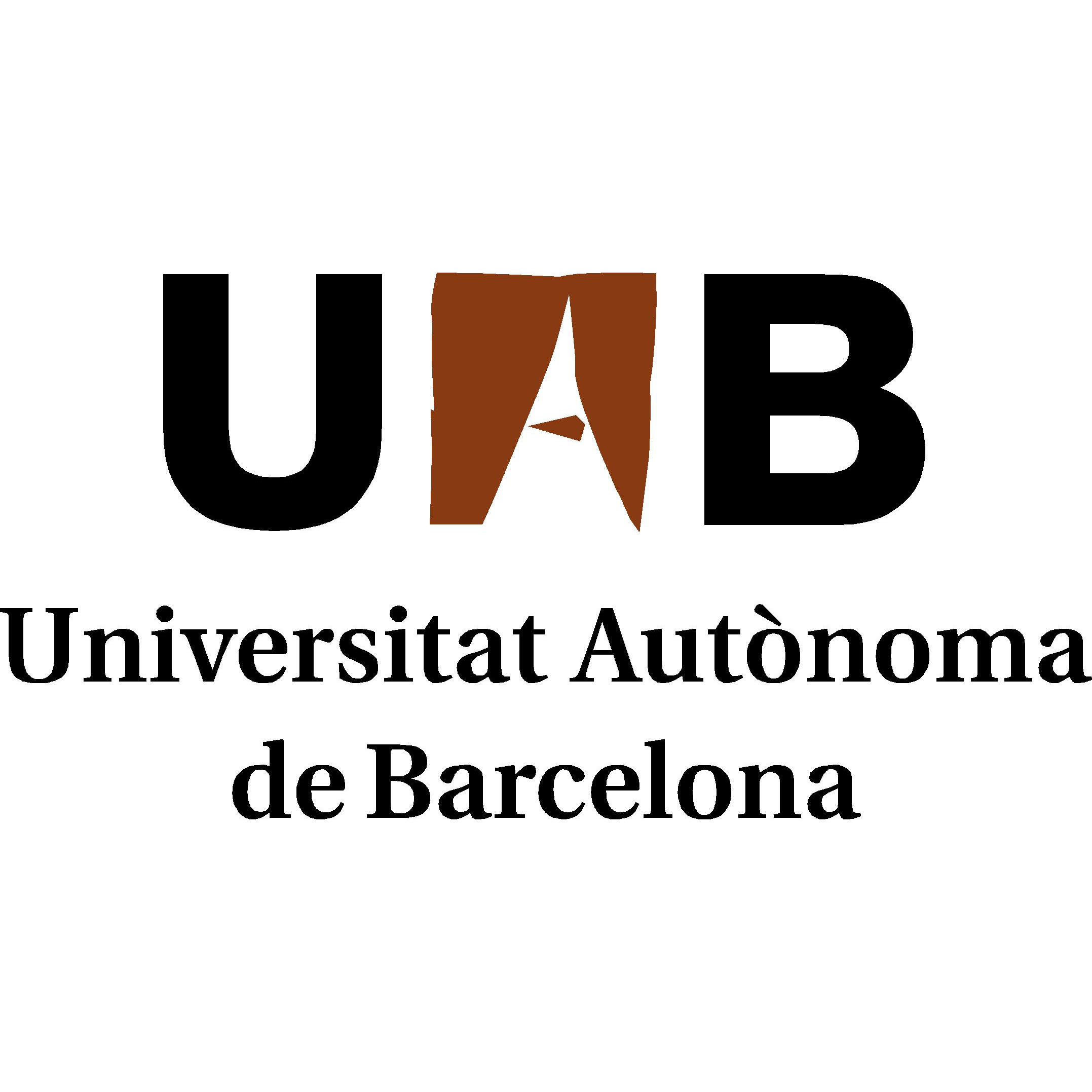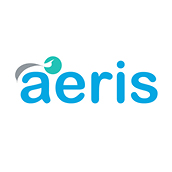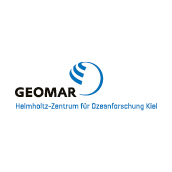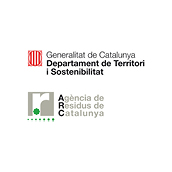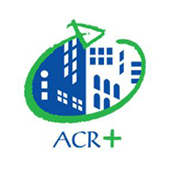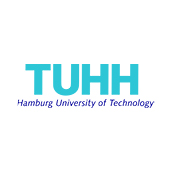 TUHH is a competitive entrepreneurial university focussing on high-level performance and high quality standards. TUHH is dedicated to the principles of Humboldt (unity of research and education). TUHH has a strong international orientation, but also focusses on its local environment. It does so by contributing to the development of the technological and scientific competence of society. BIEM is one of the working groups of the Wastewaster and water protection institute. It covers the fields of regional and international waste management, biological waste collection, treatment and utilization processes and nutrient recovery. The groups’s follows an interdisciplinary approach to connect research closely with practice. The teaching focuses on Bioresource management and Biorefinery technologies. Cutting-edge work is done on combined material and energy utilization of primary, secondary, tertiary and quaternary bioresources using holistic approaches and in addition to process cascades. BIEM work consists of experimental investigations in addition to simulation, modeling and conceptual design approaches.
TUHH is a competitive entrepreneurial university focussing on high-level performance and high quality standards. TUHH is dedicated to the principles of Humboldt (unity of research and education). TUHH has a strong international orientation, but also focusses on its local environment. It does so by contributing to the development of the technological and scientific competence of society. BIEM is one of the working groups of the Wastewaster and water protection institute. It covers the fields of regional and international waste management, biological waste collection, treatment and utilization processes and nutrient recovery. The groups’s follows an interdisciplinary approach to connect research closely with practice. The teaching focuses on Bioresource management and Biorefinery technologies. Cutting-edge work is done on combined material and energy utilization of primary, secondary, tertiary and quaternary bioresources using holistic approaches and in addition to process cascades. BIEM work consists of experimental investigations in addition to simulation, modeling and conceptual design approaches.
Role in the project
BIEM carried out works in the related fields in previous projects and in teaching, and has a large regional and international net of contacts. For instance it was involved in chain design in a regional holistic project involving inventories of waste residues from a whole Hamburg district, following their whereabouts and suggesting improved waste collection possibilities and improved waste flow management. The works included also waste sortings in practical scale. Works were also carried out regrading a new type of food waste collection system in householdes via kitchen food waste shredders. For the Hamburg district Wandsbek different urban biowaste streams from households and commerces were investigated in detail following the chain from generation over
collection and processing till product application. The considered wastes were among others: kitchen waste, lawn cuttings, commercial fruit resitues, grease trap residues from restaurants. A special consideration had the regional product application to avoid transports. BIEM is well connected with local industry: among others the waste collector BUHCK, the fruit processing company Fresh Factory, the local wastewater company (HAMBURGWASSER), one of the largest German energy cooperatives (Energy net Hamburg). Internationally it is well connected by following networks: RAMIRAN (Network of Recycling agricultural, municipal and industrial residues), eseia (European sustainable energy innovation alliance), ECN (European compost network).


